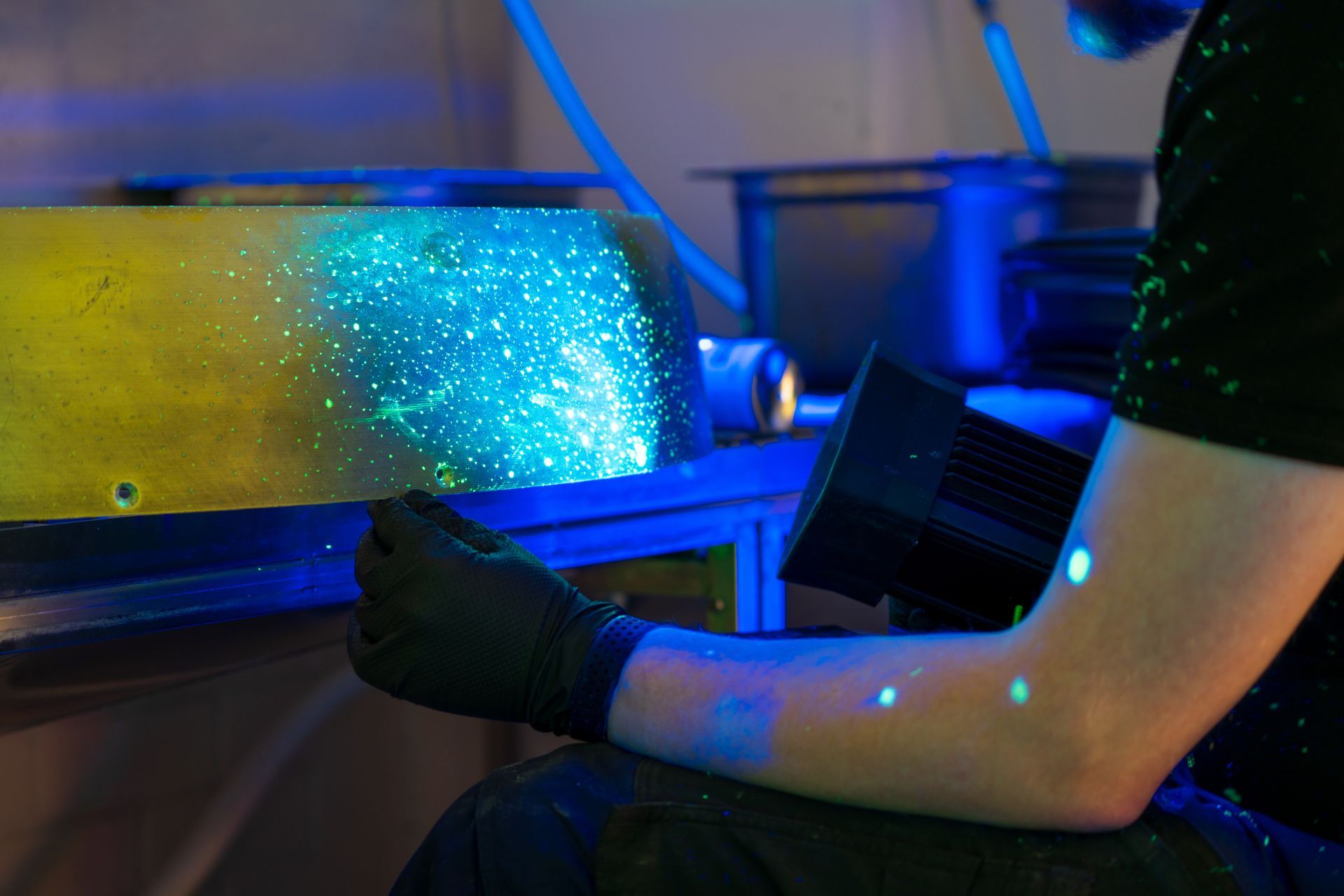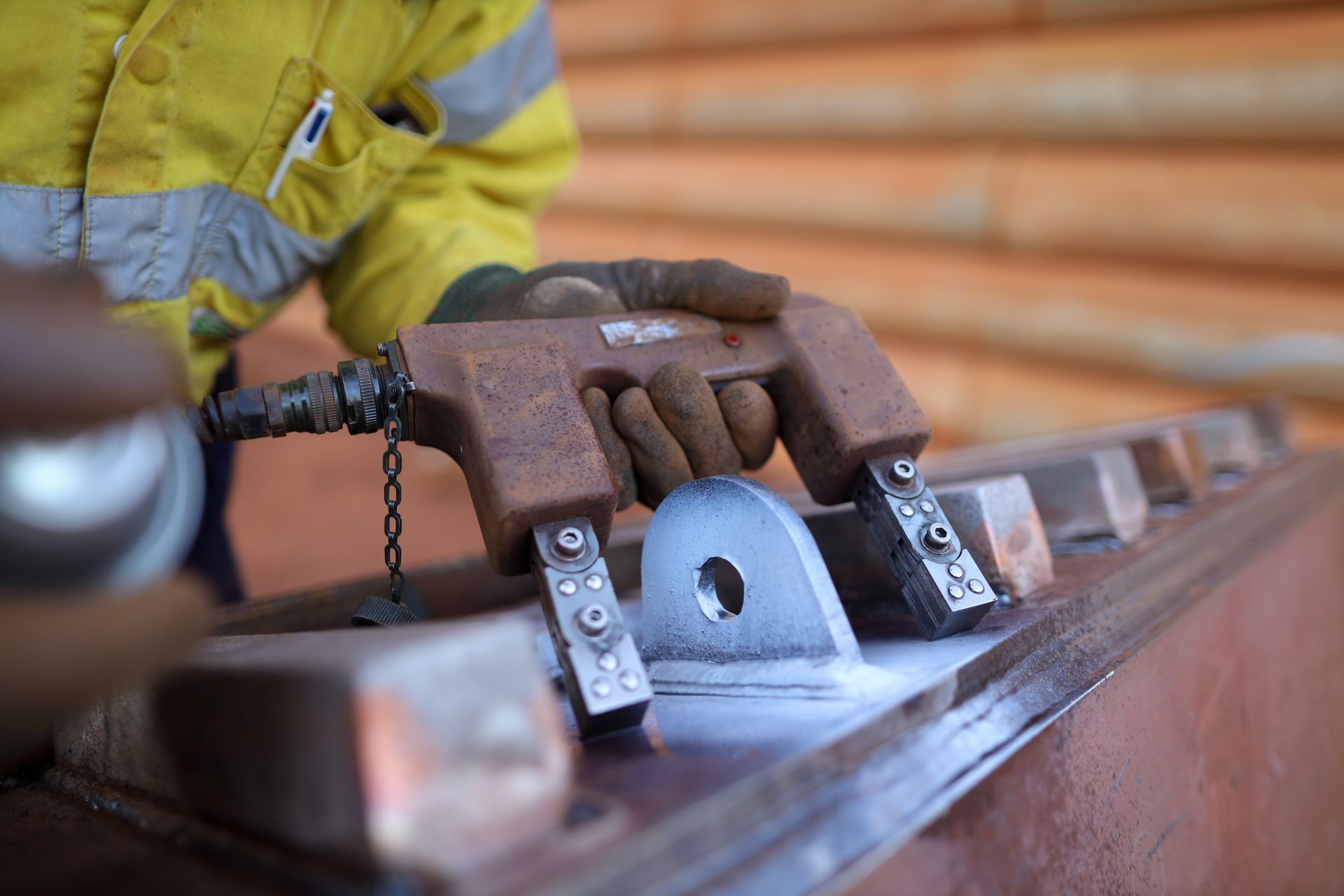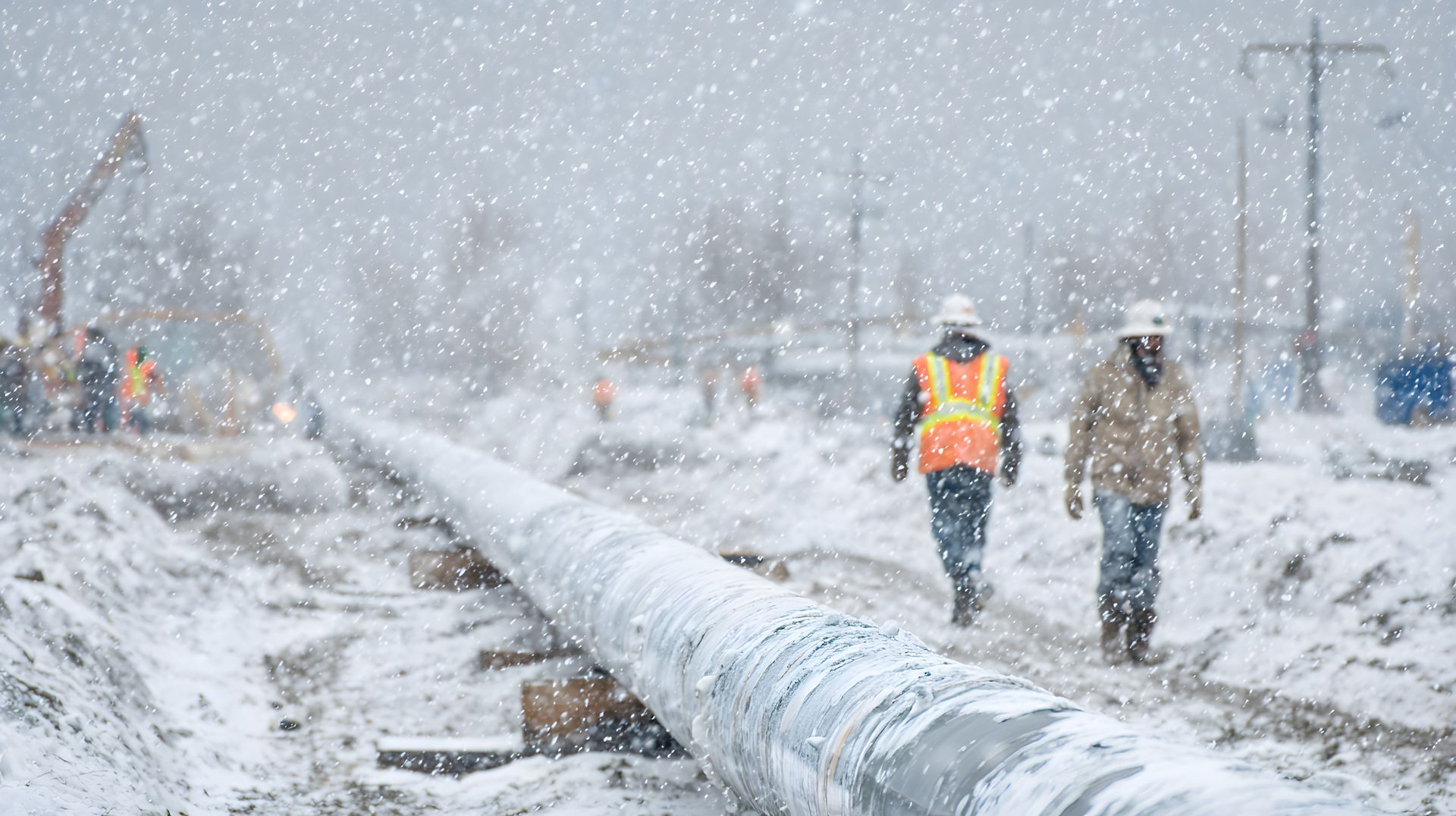Magnetic Particle Inspection and Its Role in NDT
September 30, 2022
A very common and reliable non-destructive testing method is magnetic particle inspection.
Magnetic particle inspection (MPI) is a non-destructive testing method that is used to locate surface and near surface defects such as cracking, pores, cold lap, and other flaws in ferromagnetic materials such as iron, nickel, and cobalt. Magnetic particle inspection is very effective and accurate at detecting and determining whether a magnetic field has flaws.
There is a process to magnetic particle inspection, which involves putting a magnetic field into the test object. Flaws will be detected when the magnetic field flowing through the test object is interrupted and there is flux leakage. Ferrous iron particles are then applied to the object in a dry or wet suspension and will be attracted to the flux leakage. This step-by-step process includes pre-cleaning of the test object to remove any rust, dust, oil, and grease, introduction of magnetic field, and application of ferrous iron particles. As described, it takes a series of steps to successfully complete. With that said, there are both advantages and disadvantages of MPI.
Advantages
MPI is described as a fairly easy and fast form of non-destructive testing that provides immediate results. With magnetic particle inspection, defects are directly visible on the surface and even the distinct shapes and sizes of the flaws are indicated. It’s a convenient and versatile form of NDT because it involves portable, low cost equipment. Magnetic particle inspection is safe when completed by a professional. It’s extremely important that the professional conducting the magnetic particle inspection is well trained, educated, and experienced in non-destructive testing.
Disadvantages
Though there are many advantages to MPI, there are a few disadvantages. The major drawback to magnetic particle testing is that it’s restricted to ferromagnetic material only. Meaning, non-ferrous material cannot be inspected using the magnetic particle testing method. In addition, only small sections can be tested at a time and material with heavy coats of paint will need to be stripped before testing begins. After testing takes place, the material must be demagnetized, which can present challenges. Magnetic particle testing may have disadvantages, but they are far outweighed by the advantages of MPI.
Overview
Magnetic particle inspection is a very well known and popular form of non-destructive testing. It is commonly used in the automotive, oil & gas construction, chemical, structural steel, aerospace, and pipeline industries. MPI was developed in the United States and is currently growing more popular across the world. It’s a reliable and affordable method to determine the quality of ferromagnetic material and identify flaws on surface and subsurface levels. The most valued feature of magnetic particle inspection is that it produces immediate results and it’s an easily transportable test.
Of course, with any form of testing and inspections you want to be sure to hire a team of professionals that is experienced and fully dedicated to satisfying their clients.
Steel City NDT
provides high quality NDT services, including magnetic particle inspection, throughout Pittsburgh and the surrounding areas.
Call
to discuss the needs of your project! Steel City NDT is happy to help find the perfect solution.





